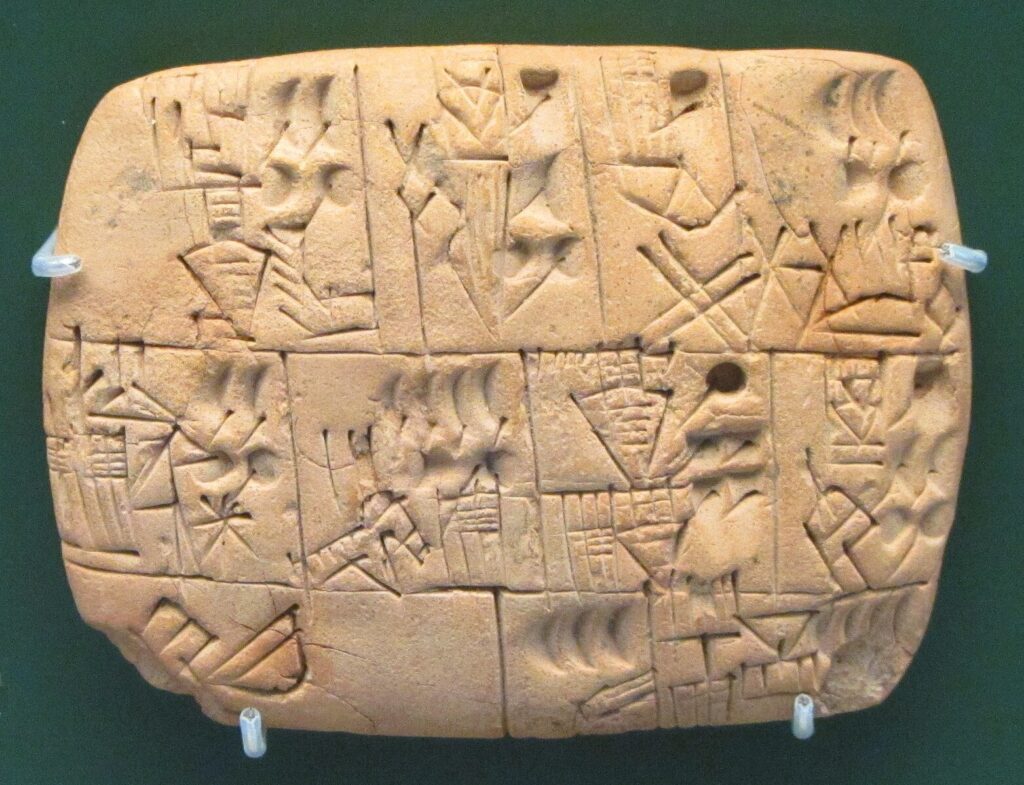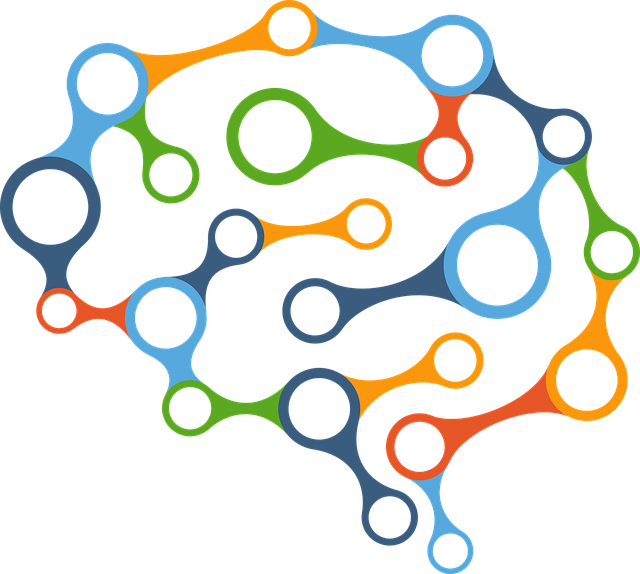
Our prized cerebral capabilities at the level of awareness don’t stack up to very much when compared to the vastly-more-numerous-and-amazing capabilities of almost every other aspect of Life. The relatively meager mental capacity we tend to worship is in many ways the slightest addendum whose capabilities are comparatively rather modest. Yes, we have devised ways to lock in small gains and ratchet them into powerful forces, but the process is embarrassingly slow and limited compared to most processes carried out by Life.
The Impressive Base
The overwhelming share of what makes humans amazing operates far beyond mental awareness. Outside the sacred cerebrum, we breathe, circulate blood, digest a diverse menu of food, filter and clean internal fluids, eliminate wastes, heal wounds, coordinate movement, generate the cells for reproduction, build and rebuild ourselves from a cryptic blueprint, and perhaps most impressively solve very thorny open-ended problems of devising antibodies tailored to disable novel pathogens. For all their “massive” brain-power, the average living human would not have the first clue how to devise a functioning, fully-integrated replacement for any of these and thousands more tasks our bodies handle without a thought. Even the best teams in the world wouldn’t be able to pull it off (though would at least have “the first clue,” and in so doing would know it to be beyond their capability).
Now add the cerebrum and a whole suite of additional capabilities emerge—still beyond our awareness. Perhaps most stunning is visual processing. Among other attributes, it’s nearly instantaneous, seamlessly combines vision from two optical instruments, fills in gaps, enjoys excellent color representation, and has extraordinary dynamic range (putting our film/print or electronic cameras/displays to shame; it’s why total solar eclipses can neither be captured nor displayed adequately by technology). Add to this an incredible capacity for auditory processing able to differentiate subtle sounds and comprehend language. What’s easy for a two-year-old still stumps technological implementations. Our brains perform pattern recognition tasks that are light years ahead of what lots of investment and smart people have been able to cobble in crude technological form. Remember the self-driving car hype from about a decade ago? And the fact that captchas work at all is remarkable testimony.
Don’t ask us how we do it—we have no idea. We just know so many things that we can’t articulate or are not even aware of: we take them for granted—as must be the case when literally unaware of the underlying processes.
Unbidden, the Disney Jungle Book tune for “Bare Necessities” slid into my brain in connection to the “spare capacity” title and theme of this post. Maybe I should try a song version sometime…
Continue readingViews: 3702









